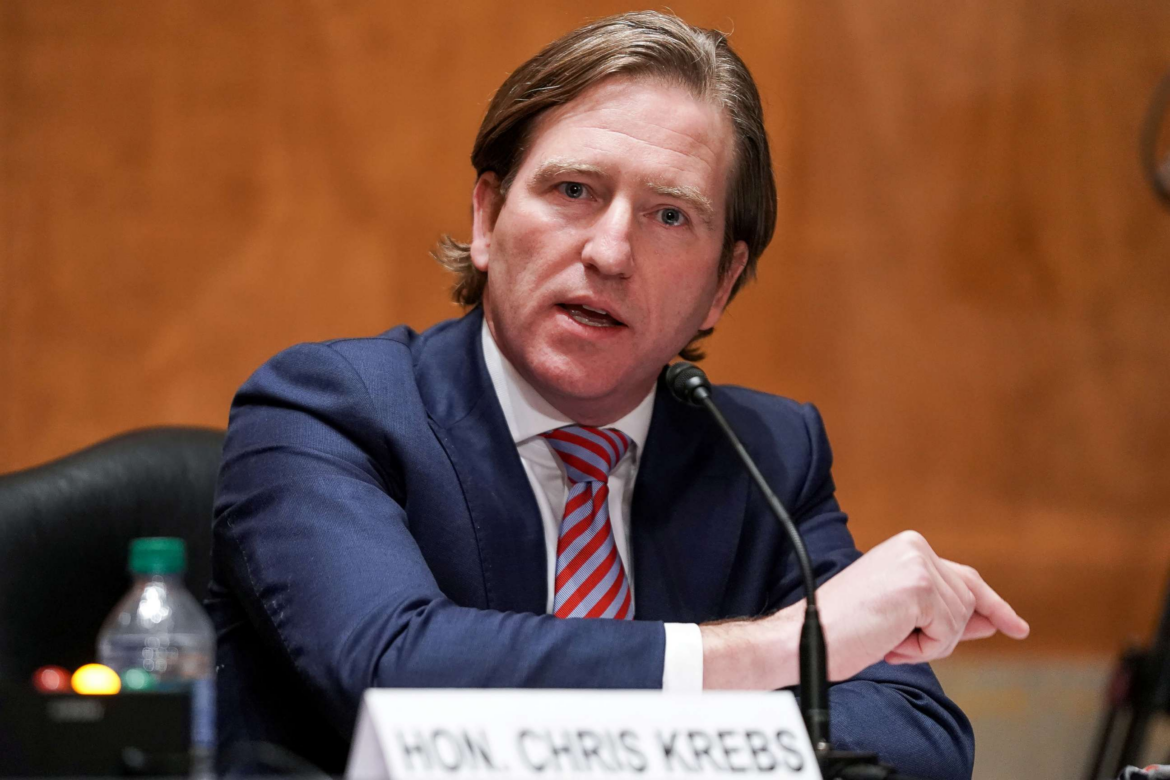Presidential Investigation Ordered into Former CISA Director Chris Krebs
Allegations of Misuse of Position and Election Security Concerns
President Donald Trump has officially directed the Department of Justice and other relevant government agencies to investigate Chris Krebs, the former Director of the Cybersecurity and Infrastructure Security Agency (CISA), for his actions during his tenure. This move, highlighted by a Presidential Memorandum, comes amidst allegations that Krebs misused his official capacity to influence public perception about the security of the 2020 election.
Scrutinizing Krebs’ Statements and Actions
Krebs, who was ousted from his position by Trump shortly after the 2020 election, had famously declared it “the most secure in U.S. history.” This statement has been a significant point of contention, particularly as it contrasts with reported vulnerabilities in the election infrastructure. The memorandum highlights Krebs’ potential role in what the administration perceives as suppression of free speech regarding election security and COVID-19 discussions.
Background and Implications of the Investigation
The investigation seeks to reassess Krebs’ clearance and scrutinize actions deemed potentially harmful to public trust in election integrity. This includes an examination of a CISA report, which despite Krebs’ assurances, outlined significant vulnerabilities in the election infrastructure, such as susceptibility to spearphishing and critical security weaknesses in internet-accessible systems.
Broader Impact on Cybersecurity and Election Integrity
The focus on Krebs also brings to light broader concerns regarding the role of government agencies in managing misinformation and their interactions with major tech platforms during key public events like elections. This investigation could potentially lead to significant shifts in how election security is managed and how former government officials are scrutinized post-tenure.
Krebs’ Post-CISA Activities
Since leaving CISA, Krebs has been active in the cybersecurity community, including forming a cybersecurity consultancy with other prominent figures in the field. This move, coupled with his involvement in managing the aftermath of the SolarWinds hack—a major cybersecurity breach involving government data—raises additional questions about the intersections of government service, private sector activities, and public accountability.
Looking Ahead
As this investigation unfolds, it will likely ignite further debates over the balance of election security, the management of public information by government officials, and the ethical boundaries of post-government careers in cybersecurity. The outcomes could have lasting implications for the standards of accountability for public servants and the security frameworks governing future U.S. elections.

